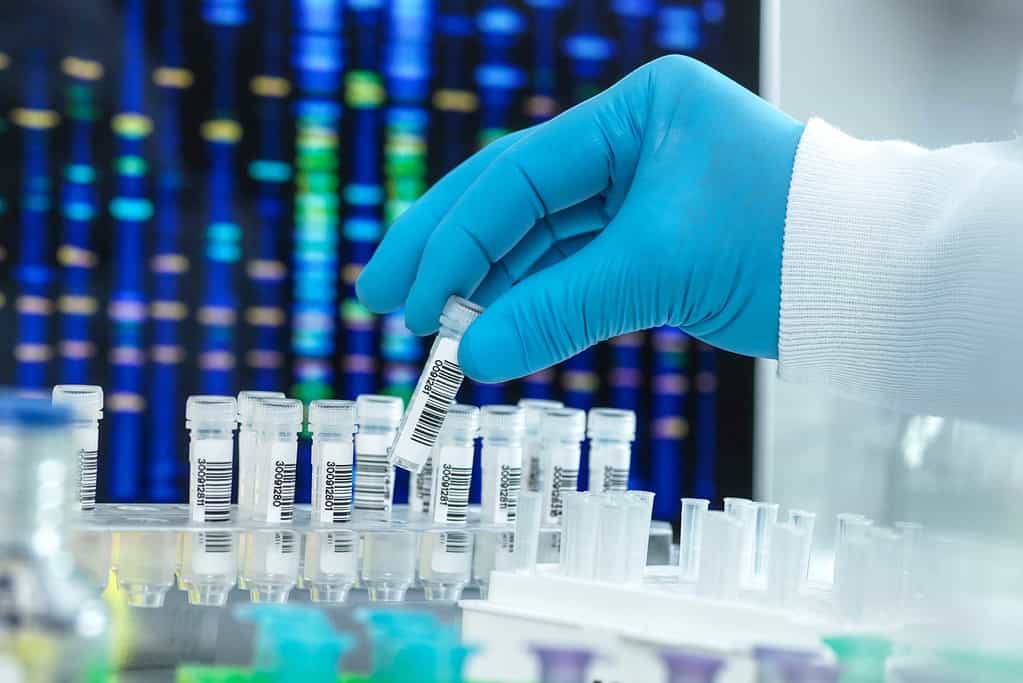Mitochondrial Transplantation
Learn more about the emerging research in mitochondrialRelated to the mitochondria. transplantation and its potential as a viable therapy for those with mitochondrial disease.

MitoAction and MitoCanada are committed to ensuring that patients and caregivers in the mitochondrial disease community have a voice in emerging research.
Our latest article, “Understanding Mitochondrial Transplantation: A New Frontier in Treating Mitochondrial DysfunctionThis is when mitochondria do not work as well as they should due to another disease or condition. Many conditions can lead to secondary dysfunction.,” delves into the groundbreaking field of mito transplantation and highlights key discussions that will take place at the upcoming Mitochondrial Transplantation and Next Generation Therapeutics conference in New York on April 28-29, 2025.
At MitoAction and MitoCanada, we are dedicated to ensuring that patients and caregivers have a voice in this evolving research. Representatives from both organizations will be present at the conference to bring forward questions and concerns from the mitochondrial disease community.
We encourage you to read our article below and take a moment to complete our short survey. Your insights—questions, concerns, and hopes—will be shared at the conference and will help shape future advocacy, education, and support initiatives.
Join us for a MitoSocial Event in New York on April 27th!
MitoAction and MitoCanada will be hosting this event for families to connect, share stories and experiences, and support one another on everyone’s unique journeys with mito. Join us at the Sondra & Davis S. Mack Student Center at Hofstra University for this wonderful event!
Article: Understanding Mitochondrial Transplantation: A New Frontier in Treating Mitochondrial Dysfunction
In the last ten years or so, scientists have discovered, through in vitro (test tubes and culture dishes) and in vivo (within living organisms) studies, that mitochondria can be transferred from one cell to another, one tissue to another, and from one animal to another. Researchers hope to apply these methods for both primary mitochondrial disease and acquired mitochondrial dysfunctions in diseases such as Parkinson’s and dementiaLoss of cognitive functioning — thinking, remembering, and reasoning — to the extent that it interferes with a person's daily life, including Alzheimer’s and cardiovascular disease.
Although far from ready for large-scale human use, mitochondrial transplantation still requires significant research and testing, but holds great promise in providing a viable therapy option for many, including primary mitochondrial disease patients.
How Mitochondrial Transplantation Works
Mitochondrial transfer begins by taking a tissue sample (typically muscle tissue) from a donor or from an area of the body where tissues are not affected by damage or disease. Mitochondria are isolated from this tissue sample. The isolation process can be complicated and needs to be done rapidly to ensure the mitochondria remain intact and viable. It’s reported that isolating and preparing mitochondria for transfer can take anywhere from 2 hours to under 30 minutes, depending on the process used and the amount of mitochondria needed1. Once isolated, the mitochondria can be evaluated. Viable mitochondria are then ready to be transferred, by injection or infusion, into the bloodstream or into impaired or damaged cells, tissues or organs2.
Pioneering Research in Mitochondrial Transplantation
Dr. James McCully and his team at Boston Children’s Hospital are at the forefront of this research. Their groundbreaking work has focused on using mitochondrial transplantation to help pediatric patients with cardiac defects. Their approach involves:
- Isolating healthy mitochondria from a patient’s own tissue
- Injecting the mitochondria directly into damaged areas of the heart
- Restoring energy production and promoting heart tissue repair
This technique has the potential to improve outcomes for children undergoing heart surgery, especially those at risk of heart failure due to mitochondrial dysfunction.
Clinical Trials and Future Prospects
Clinical trials are underway to assess the safety and effectiveness of mitochondrial transplantation. Researchers are investigating key questions, such as:
- How well do transplanted mitochondria integrate into cells?
- Can they reliably restore energy production in diseased tissues?
- Are there any safety issues?
- What are the long-term effects of mitochondrial transplantation?
The ultimate goal is to develop mitochondrial transplantation into a viable, widely available treatment for patients suffering from mitochondrial dysfunction.
Monitoring and Enhancing Mitochondrial Transplantation
To ensure the success of mitochondrial transplantation, researchers are developing real-time monitoring techniques. For example, a study introduced a pathway-specific reporter gene to image mitochondrial function in stem cells. This allows scientists to track how well-transplanted mitochondria adapt and function over time. Beyond monitoring, efforts are underway to enhance mitochondrial function, improving the overall success of transplantation therapies.
The Future: Universal Access to Mitochondrial Therapy
Imagine a future where mitochondrial transplantation is readily available to all patients in need. To achieve this, researchers are working to:
- Develop large-scale methods for producing healthy mitochondria (bioreactors)
- Create safe and effective delivery systems for various diseases
- Ensure affordable and equitable access to treatment worldwide
- Secure regulatory approvals for clinical use
If successful, mitochondrial transplantation could revolutionize treatments for a multitude of conditions linked to mitochondrial dysfunction, offering hope to millions.
Conclusion
Mitochondrial transplantation is a rapidly evolving field with the potential to transform the treatment of mitochondrial diseases and other conditions caused by cellular energy failure. While still in the early stages of research and clinical testing, the progress made so far highlights the immense therapeutic potential of this approach.
As scientists continue to refine techniques and delivery methods, improve real-time monitoring, and address key regulatory and scalability challenges, scientists are working to bring mitochondrial transplantation from the lab to the clinic setting.
The next few years will be critical in determining how this technology evolves and, if successful, mitochondrial transplantation could shift the treatment paradigm for conditions previously considered untreatable, offering a powerful, restorative therapy for millions of patients worldwide. The journey ahead is complex, but the promise of harnessing cellular power at its source makes this an exciting and transformative frontier in medicine, and we want you to be part of this journey with the research community.
Collaborators
MitoAction is a nonprofit organization founded by patients, parents, and Boston hospital healthcare leaders who had a vision of improving quality of life for children and adults with mitochondrial disease. MitoAction’s mission is to improve the quality of life for children, adults, and families living with mitochondrial disease through support, education, outreach, advocacy, clinical research initiatives and by granting wishes for children affected by mitochondrial disease.
MitoCanada is Canada’s only registered health foundation dedicated to transforming the lives of individuals, families and caregivers with mitochondrial disease. MitoCanada’s mission is to energize and support patients, families, and healthcare providers across Canada through education, support, awareness, and transformational research. They are a reliable and trusted source of information and support for Canadians impacted by mitochondrial disease.
Northwell Health recognized an unmet need for mitochondria-targeted therapy and organized its inaugural Mitochondrial Transplantation and Next Generation Therapeutics Conference. The conference will take place April 27-29, 2025, at Hofstra University in Hempstead, Long Island. For conference details or to attend, please contact Eboni Eseetoo at eseetoo@northwell.edu.
- McCully JD, Del Nido PJ, Emani SM. Mitochondrial transplantation for organ rescue. Mitochondrion. 2022 05; 64:27 -33. PMID: 35217248.
- Tian-Guang Zhang, Chao-yu Miao, Mitochondrial transplantation as a promising therapy for mitochondrial diseases, Acta Pharmaceutica Sinica B, Volume 13, Issue 3, 2023, Pages 1028–1035, ISSN 2211-3835, https://doi.org/10.1016/j.apsb.2022.10.008











